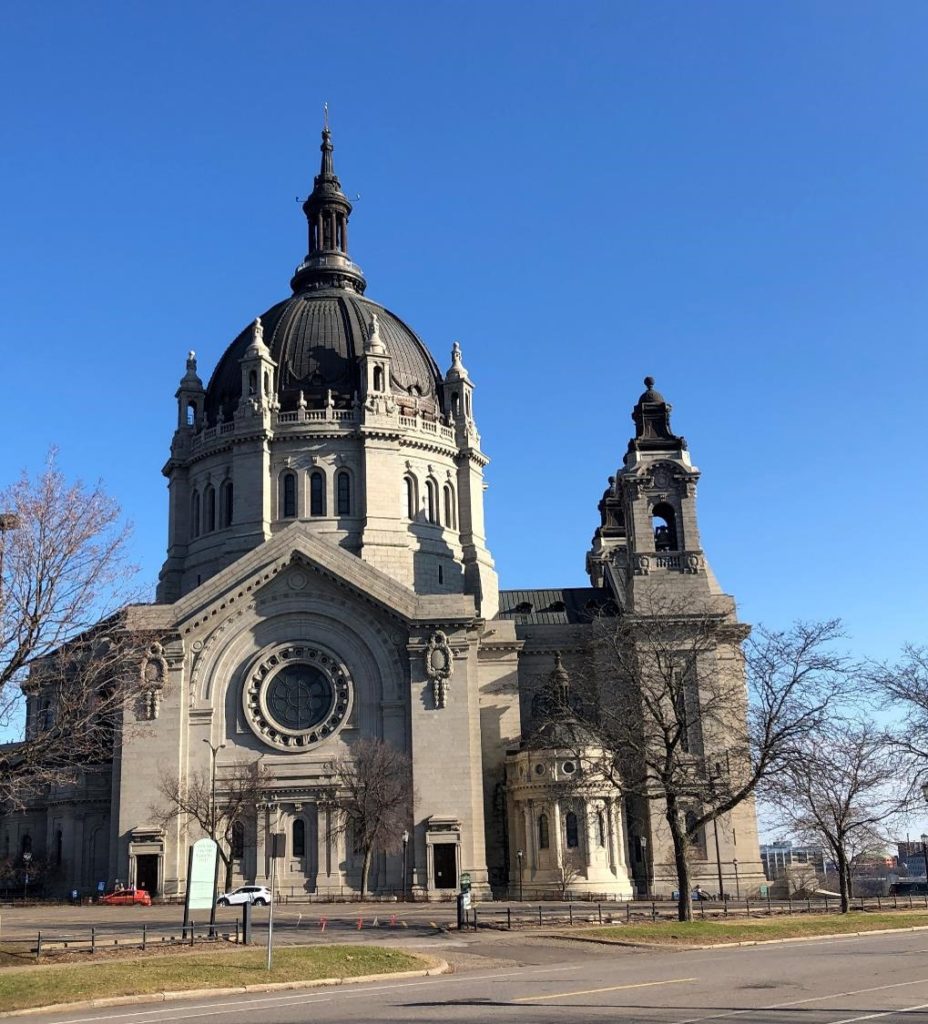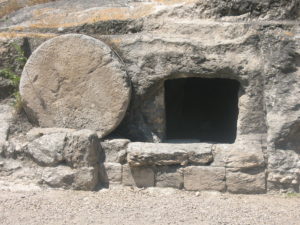This holy week, I’ve been drawn Judas. My heart hurts for him. He was called by Christ, not unlike the other 11. And his role in betraying Jesus is well documented. John’s gospel also tells us that he held the money and was “skimming off the top,” to use today’s terminology. Not the best role or legacy.
But let’s take a new lens to Judas. He was weak in faith and therefore susceptible to Satan and his deceptive ways. The gospels tell us Satan had a hold on him that hopefully none of us will fully know. And so when his doubts were coupled with Satan’s manipulation, his guard was down. So what did he do?
He went to what he knew – his church and its leaders. Instead of being a mirror to Judas and counseling him, what did they do? They took advantage of his weakness for their own ends. They knew he was monetarily motivated and so with 30 pieces of silver, they bought his soul and sealed his place in biblical history.
After hearing that Jesus had been condemned to death, the gospel of Matthew tells us that Judas was .filled with remorse. Again he went to those who were his church leaders saying, “I have sinned in that I have betrayed the innocent blood.” (MT 27:4) How did those leaders respond? Did they offer help, compassion or empathy? Did they offer forgiveness? No. They responded, “what is that to us?” (MT 27:4). Judas throws the silver at them and leaves. We know what he did. We know where he went. His heart was broken beyond his ability to repair. He was so filled with grief and remorse, he went to a field with rope. He found a tree. He looped the rope around a strong branch on the tree and wrapped the rope around his neck. He then fell and hung himself. But what if…
What if Judas instead of going to the church leaders had gone to Christ. What if he begged at the foot of Christ hanging on the cross and asked for forgiveness? How would Jesus responded? Would he rejected him? Would Jesus let himself die on the cross without healing Judas’s heart? We know that wouldn’t have happened. Not unlike Jesus offered forgiveness to the criminal hung beside him, he would have given grace and forgiveness kneeling before him. He would have healed the broken heart and renewed his soul.
Imagine how different history would have been? Imagine the story Judas could have told. “Look, it was my betrayal that put Jesus on the cross. He wouldn’t have been there had I not sold out for 30 pieces of silver. And you know what, he forgave me! He stitched my broken heart back together. Man, if he can do that for me, believe he will do the same for you. Have faith. Trust him.”
When I had thought about this alternative path for Judas, I truly stopped during a walk and got teary. I said out loud, “Oh Judas. If you had only believed and trusted in the one who chose you, your story could be so different. If only…”
Today take a moment and look around. Think about how a life could be made different through forgiveness and grace that Jesus can offer – or you can offer on his behalf.


